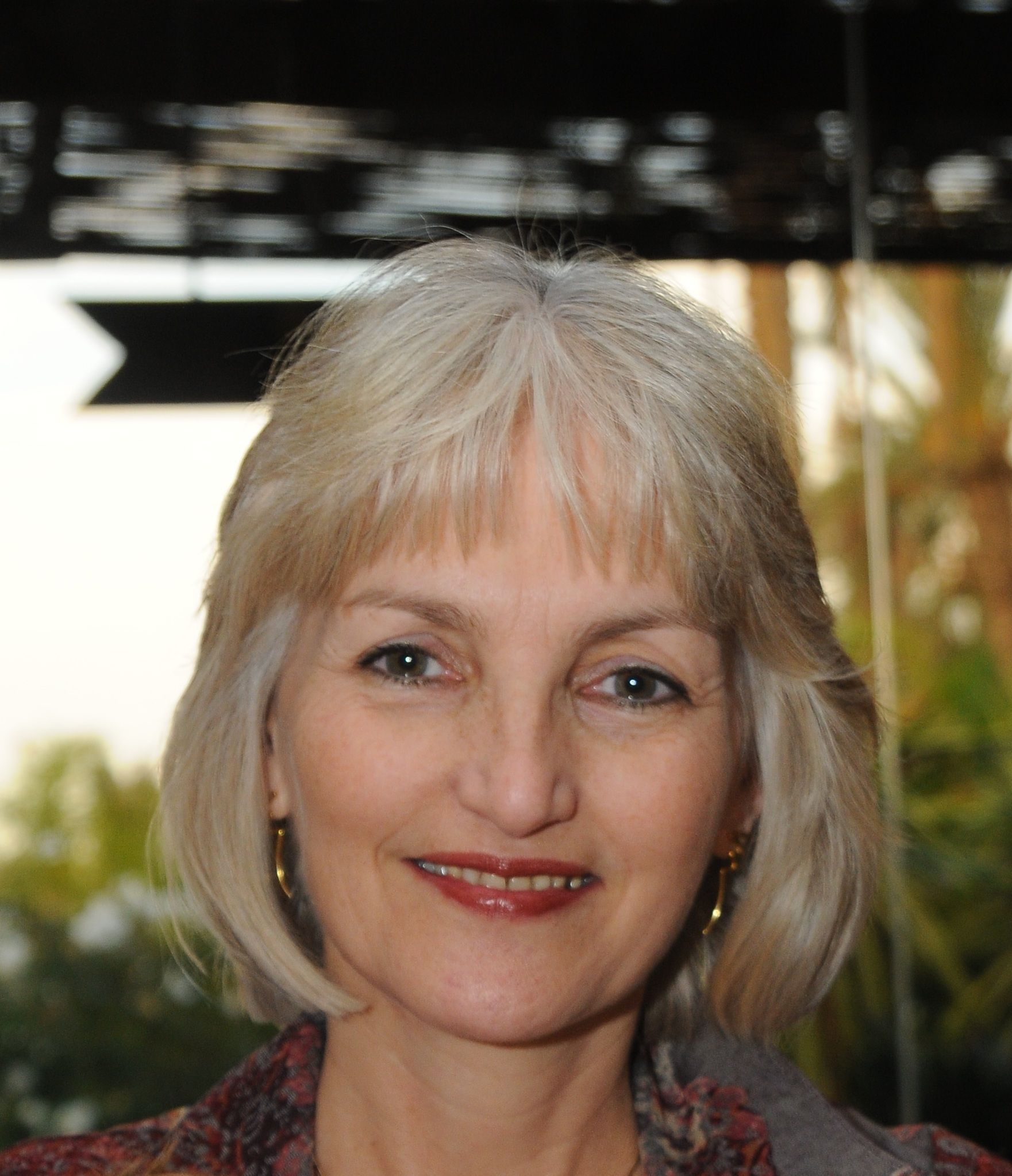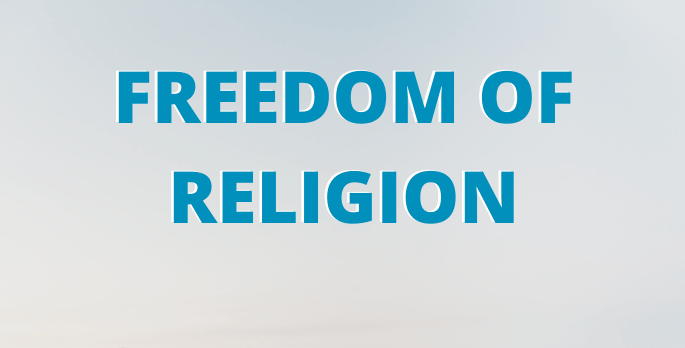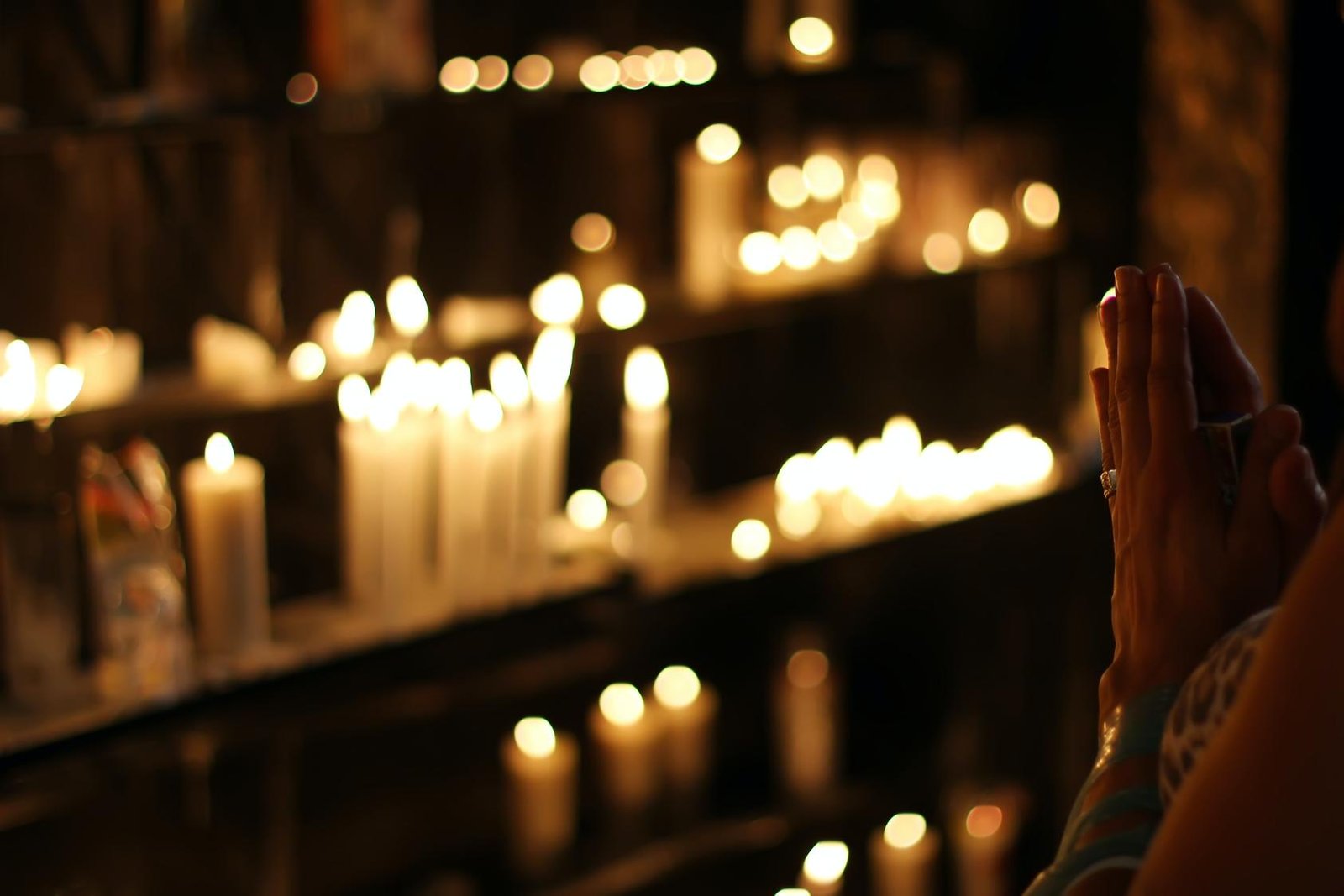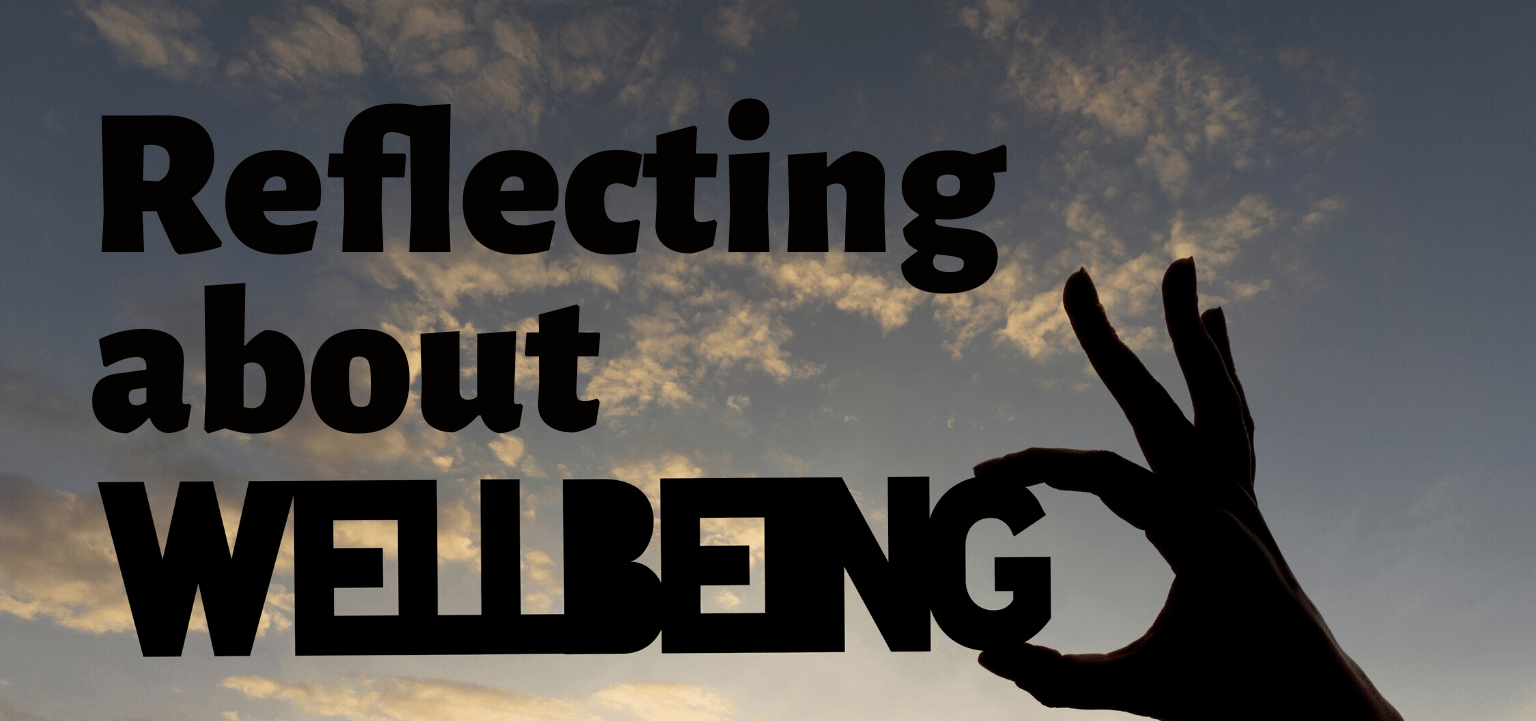Fatima-Zahra Maelainin
Co-Chair of the Expert Community at Orygen Global
What made the Wellbeing Summit for Social Change different was the mindful curation of physical spaces and the thoughtful creation of psychological havens that allowed us to foster connections with ourselves and others, and engage in transformational conversations opening the space for a collective identity to emerge; an identity that puts our humanity at the forefront.
The words in my journal read: “This space is different. I am invited to put down all my hats, so I may arrive fully, intimately. I assumed it’d be frightening, but it feels peacefully liberating.” And a few pages later: “In this space, we celebrate our humanity, in its most open, raw, and honest expression.”
Indeed, we were in a space that celebrated our humanity before our roles and contributions. It reminded us of our worth as humans, regardless of our titles and achievements, and of the importance and necessity of continuously re-inventing our self-narrative.
As leaders and actors in the social change sector, we often get too immersed in the realities we deal with, becoming too consumed by the limitations we face and the challenging ambiguities of our endeavours, oftentimes pushing beyond exhaustion to continue serving. Ultimately our sense of self and personal worth become deeply attached to our role and contributions, and we lose sight of the many facets of our identity as we stick to a single self-narrative. With time, we either burn out or forcibly readjust our expectations, ultimately confining our imaginations and debasing our sense of self and contribution to the world. At least, that’s what happened to me, and a number of others I shared my story with.
The Summit arrived into our lives with a gift: a much-needed opportunity to revisit our assumptions, unleash our imagination, and embrace the shifts we experience as we rethink our narratives – the kind of inner work we often mention and rarely dive into.
My most memorable lines from the summit were:
“How do you walk away when the world is still so messed up? Sometimes, you just have to. Because you’ve planted the seeds well, and you can trust that someone will continue the work. And while you still have the energy, you can be someone else: a friend, a mentor, a witness.”
I spent the next month following the summit reflecting on my relationship with my own personal narrative, and poured it all into a ‘letter to self.’ It reads:
“you spend years and hours building a narrative, making sense of your identity, who you are, where you come from, what you seek, and what you stand for, and as soon as the words connect into a story coherent enough to share with the world, you start to experience dissonance.
confused and curious, you look inwards, demanding answers.
slowly you begin to notice that your personal evolution outpaces the process of expressing it. gradually, you start to realize that every time a sense of self is crystallizing, a shift in your inner landscape is well underway.
and so, like most of us, you often numb yourself into denial, desperately holding onto an established identity in a vain attempt to avoid the all-too-familiar pain of meaning-making that you know awaits you if you listen to the emerging voice within.
you choose denial because it is a space that allows you to dismiss every thought and every feeling that may cause you to waver and wonder.
you and I choose denial because we live in a world that disapproves of a story-in-the-making. because those of us who understand that self-knowledge is an iterative journey, never a destination, require additional bravery and tenacity to search for wholeness in the midst of incessant external incentives to settle.
but, sticking to one narrative is, simply put, stagnation.
to be human is to honor our complexity, fully, by refusing to settle for a reduced, prematurely bounded narrative.
to be human is to continuously generate stories that make sense of our experiences, reinventing our self-narrative time and again as we continue to integrate the new with previous identities.
here’s to continuous becoming.”

























































